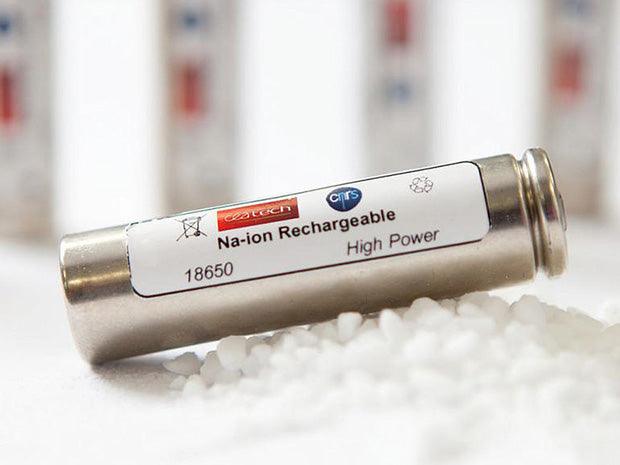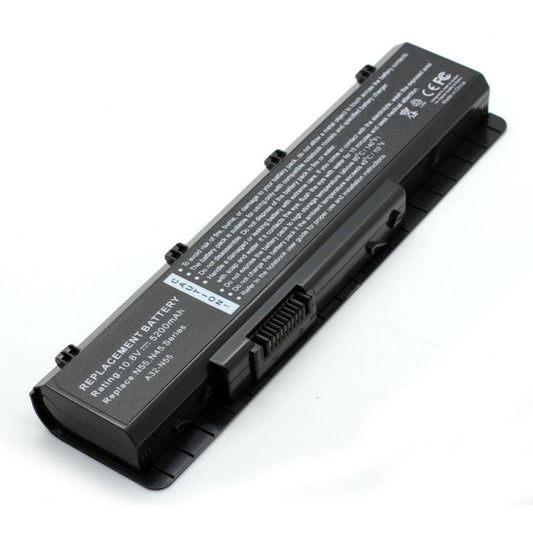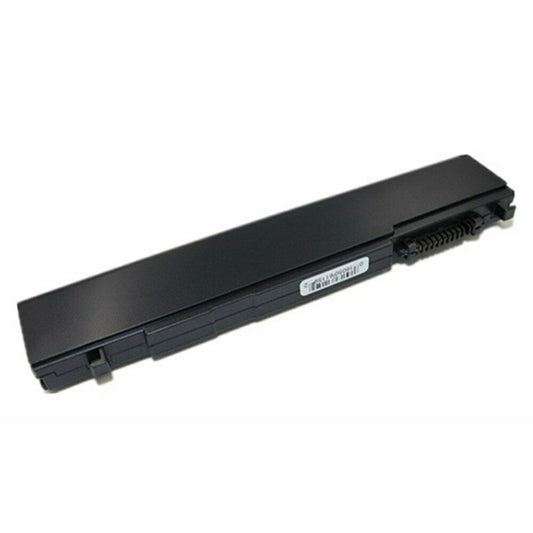
Sodium-Ion Batteries: A Low-Cost Alternative to Lithium-Ion Batteries
Share
Lithium-ion batteries have been the dominant technology for portable electronic devices and electric vehicles for the past decade. However, the high cost of lithium and the limited availability of raw materials have driven researchers to explore alternative battery technologies. One of the most promising alternatives is sodium-ion batteries, which use sodium ions instead of lithium ions. This article explores the potential benefits and drawbacks of sodium-ion batteries and their suitability for use in various applications.
What are Sodium-ion Batteries?
Sodium-ion batteries are a type of rechargeable battery that uses sodium ions instead of lithium ions as the charge carrier. Like lithium-ion batteries, sodium-ion batteries are composed of an anode, a cathode, and an electrolyte. The anode and cathode are typically made of materials such as carbon, sodium titanium oxide, or manganese dioxide, while the electrolyte is a sodium salt dissolved in a solvent.
Advantages of Sodium-ion Batteries:
One of the main advantages of sodium-ion batteries is their low cost. Sodium is much more abundant and less expensive than lithium, making sodium-ion batteries a potential low-cost alternative to lithium-ion batteries. Additionally, sodium-ion batteries have a high theoretical energy density, meaning they can store a large amount of energy for their size and weight. They also have a longer lifespan than other types of batteries and are less prone to catching fire.
Disadvantages of Sodium-ion Batteries:
However, there are also several drawbacks to sodium-ion batteries. One major challenge is finding suitable cathode materials that can efficiently store and release sodium ions. Another issue is the lower energy density of sodium-ion batteries compared to lithium-ion batteries. Sodium-ion batteries also have a lower operating voltage, which can limit their performance in certain applications.
Suitability for Different Applications:
Despite these challenges, sodium-ion batteries have the potential to be useful in various applications. For example, they could be used for large-scale energy storage in stationary applications, such as renewable energy systems, where cost and safety are major concerns. They could also be used in some portable electronic devices, where the lower energy density is less of an issue, and the low cost and safety benefits are more important.
Sodium-ion batteries are a promising alternative to lithium-ion batteries, offering low cost and increased safety benefits. While they still face some technical challenges, researchers are actively exploring new materials and designs to improve their performance. As the demand for cheaper and safer batteries continues to grow, sodium-ion batteries may become an increasingly viable option for various applications in the future.
What are Sodium-ion Batteries?
Sodium-ion batteries are a type of rechargeable battery that uses sodium ions instead of lithium ions as the charge carrier. Like lithium-ion batteries, sodium-ion batteries are composed of an anode, a cathode, and an electrolyte. The anode and cathode are typically made of materials such as carbon, sodium titanium oxide, or manganese dioxide, while the electrolyte is a sodium salt dissolved in a solvent.
Advantages of Sodium-ion Batteries:
One of the main advantages of sodium-ion batteries is their low cost. Sodium is much more abundant and less expensive than lithium, making sodium-ion batteries a potential low-cost alternative to lithium-ion batteries. Additionally, sodium-ion batteries have a high theoretical energy density, meaning they can store a large amount of energy for their size and weight. They also have a longer lifespan than other types of batteries and are less prone to catching fire.
Disadvantages of Sodium-ion Batteries:
However, there are also several drawbacks to sodium-ion batteries. One major challenge is finding suitable cathode materials that can efficiently store and release sodium ions. Another issue is the lower energy density of sodium-ion batteries compared to lithium-ion batteries. Sodium-ion batteries also have a lower operating voltage, which can limit their performance in certain applications.
Suitability for Different Applications:
Despite these challenges, sodium-ion batteries have the potential to be useful in various applications. For example, they could be used for large-scale energy storage in stationary applications, such as renewable energy systems, where cost and safety are major concerns. They could also be used in some portable electronic devices, where the lower energy density is less of an issue, and the low cost and safety benefits are more important.
Sodium-ion batteries are a promising alternative to lithium-ion batteries, offering low cost and increased safety benefits. While they still face some technical challenges, researchers are actively exploring new materials and designs to improve their performance. As the demand for cheaper and safer batteries continues to grow, sodium-ion batteries may become an increasingly viable option for various applications in the future.




